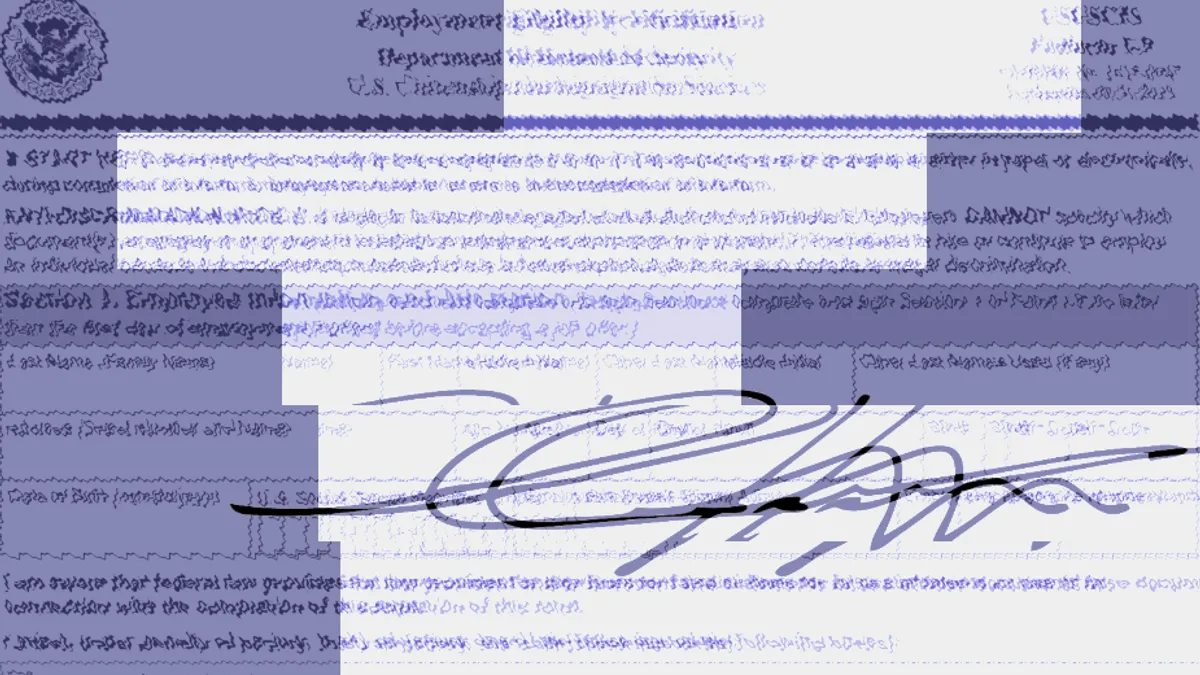Dive Brief:
- A new Quest Diagnotics study shows more evidence of widespread prescription drug misuse. The study found that 52% of tests results suggest the probable misuse of prescription drugs. Quest conducted 3.4 million monitored prescription medicine lab tests between 2011 and 2016.
- Also, 22% of Quest test results show the use of non-prescription or illegal drug use, which points to the possibility of dangerous drug combinations, according to Sarah R. Skubas, an attorney with Jackson Lewis PC. Of the specimens studied, more than 20% tested positive for opioids and benzodiazepines, drugs often prescribed to treat depression and anxiety; 10% tested positive for opioids and alcohol; and 3% were positive for all three substances.
- Although the probability of drug misuse in test results fell by 11% since 2011, prescription drug misuse is still high. Skubas says employers can expect to see prescription drug misuse in the workplace.
Dive Insight:
Besides seriously harming addicts and their families, opioid addiction is threatening entire industries, including whole manufacturing plants. The epidemic is forcing 20% of men out of the workplace — a major challenge for employers struggling to fill jobs. Where labor depression is most prevalent, opioids are most often prescribed, studies show. Drug addiction often starts with dependency on prescription medicine, but can escalate to illicit, more dangerous drugs like heroin and fentanyl.
Job candidates regularly fail workplace drug tests 25% to 50% of the time, studies show. The Federal Reserve Board, which recently has become more vocal on employment issues, cites the opioid addiction as a key factor in employers' struggle to fill jobs. In a congressional hearing last month, Fed Chair Janet Yellen called out the opioid epidemic as one of the greatest challenges to hiring.
Employers can determine their readiness to handle drug addiction by reviewing their policies and procedures on drug abuse and enforcement, extending their substance abuse policies to cover prescription drugs, training managers and educating employees on the dangers of prescription drug addiction. Keep in mind, also, the laws covering employees' health privacy.













